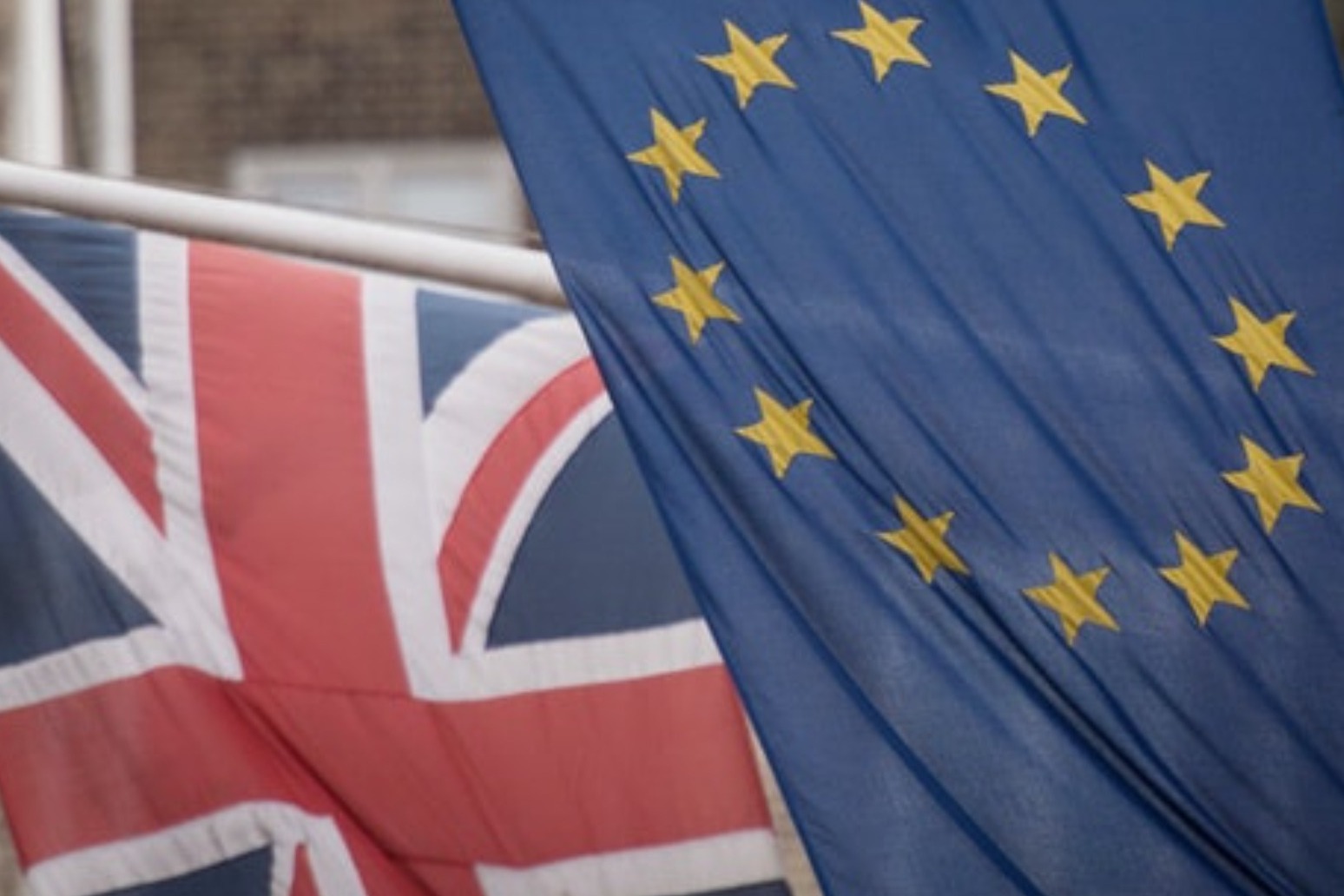
No deal in EU-UK trade talks would make country ‘less safe’, says terror chief
The UK’s top counter-terrorism police chief has warned a no-deal outcome in the trade talks with the European Union would make the country “less safe”. Negotiators are currently locked in intensive discussions in Brussels as they look to secure a post-Brexit trading arrangement before the transition period ends on December 31.
As the clock ticks down on the chance to strike a deal, Metropolitan Police Assistant Commissioner Neil Basu, the country’s most senior counter-terrorism officer, said a failure to ratify fresh terms would have security implications.
He told Channel 4 News: “We’ve always been very clear in policing that to have no negotiated outcome at all in this and to lose the security tools that the EU brings would make this country less safe.
“We’ve been very clear with Government about that, the Government has listened, and I know the Government is doing what they can to negotiate that deal.”
Mr Basu suggested, however, that efforts to tackle terrorism would not be hindered in the same way by a no-deal outcome as compared with other police work.
He added: “I’m actually much luckier than my much wider policing counterparts because I work in counter-terrorism.
“That is a bilateral arrangement with countries, it is not necessarily an EU arrangement.
“We will be negotiating individual treaties if we have to with every single one of our EU partners.”
The red flag comes after Northern Ireland’s Justice Minister urged that a Brexit deal be agreed as she warned of a potential “organised crime bonanza” on the Irish border.
Naomi Long described “huge uncertainty” for justice agencies with just weeks to go until the end of the transition period.
She told Westminster’s Northern Ireland Affairs Committee: “It isn’t just the future security partnership that affects policing and justice in Northern Ireland, it is also the economic decisions that are made because if we have increased differentials in terms of tariffs and other issues around the border, then we will end up with a potential bonanza for organised crime.”
Meanwhile, the Government faced further defeats in the Lords over its controversial Brexit bill, amid accusations that it “brushed aside” the freedoms of the devolved nations.
The House of Lords backed a cross-party move by a 158 majority to ensure the administrations in Wales, Scotland and Northern Ireland retained a voice and powers in the future operation of the UK internal market following the split from the EU.
The Government setback at the report stage of the Internal Market Bill follows two defeats in the upper house last week, with peers stripping out law-breaking powers that would enable ministers to override parts of the Brexit divorce deal – known as the Withdrawal Agreement – brokered with Brussels last year.
As the trade talks with the EU continue to drag on, former Australian prime minister Tony Abbott offered a boost to Boris Johnson on his chances of increasing Britain’s trade with members of the Commonwealth before the year is out.
He told MPs there was an “eagerness” on both sides to secure a UK-Australia free trade deal before Christmas.
Mr Abbott, who now acts as an adviser to the UK Board of Trade, said they hoped to get a deal with no tariffs and no quotas “as quickly as we can”.
Giving evidence to the Commons International Trade Committee, he said: “I know that on both sides there is an eagerness to try to get the Australia deal done before Christmas.
“Ideally a deal between Britain and Australia would involve no tariffs, no quotas, as full as possible mutual recognition of standards and qualifications, and as free as possible movement of people for well-paid work, not welfare.”
Published: by Radio NewsHub